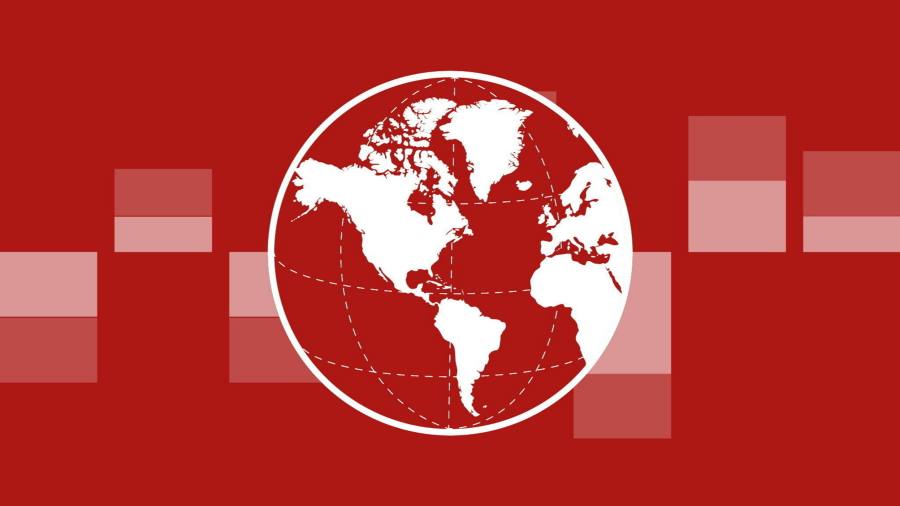Shares of US regional banks fell on Monday after regulators mobilised a deal for JPMorgan Chase to buy struggling lender First Republic.
The KBW index of regional banking stocks closed 2.6 per cent lower after regulators announced that they were closing down First Republic and selling off all $93.5bn of its deposits and most assets to JPMorgan. The deal wipes out all of First Republic’s shareholders and marks the second-biggest bank failure in US history.
JPMorgan’s stock rose 2.2 per cent. But shares in some of the smaller regional banks seen as sharing the same vulnerabilities as First Republic bounced around before turning negative. PacWest was down by more than 10 per cent by the end the session, while Western Alliance slipped 1.8 per cent. Truist shed more than 3 per cent.
Shares in two large regional banks that also bid for First Republic assets, PNC and Citizens, both fell more than 6 per cent.
“Last week was a bit of a guessing game as to who could be the recipient of First Republic,” said Casey Haire, equity analyst at Jefferies, who noted that PNC and Citizens were “on people’s list”.
“Fast forward to today,” he said, and “obviously they did not win. So some of that’s getting priced out.”
More broadly, Wall Street stocks were muted on a day when most markets in Europe and Asia were closed for a holiday. The S&P 500 stock index closed flat, while the technology-heavy Nasdaq Composite slipped 0.1 per cent.
“In general, markets more broadly seem to be taking the banking stress in stride,” said Andrew Patterson, senior international economist at Vanguard.
US Treasury bonds came under pressure days before the next scheduled interest rate decision by the Federal Reserve, and after a flurry of investment-grade corporate bond supply.
The yield on the policy-sensitive two-year Treasury note added 0.08 percentage points to 4.15 per cent. The benchmark 10-year yield rose 0.13 percentage points to 3.59 per cent, as the prices of both bonds fell.
The Fed is expected to deliver a quarter-point rate rise after its meeting on Wednesday, taking its target range to 5-5.25 per cent, as policymakers continue to tackle rapid consumer price rises. Later in the week, a monthly US jobs report will be scrutinised for clues on whether the Fed’s efforts have started to slow the labour market and wage gains.
Economists expect US employers to have added 180,000 new jobs in April, compared with 236,000 in March.
“The Federal Reserve is going to raise rates this month,” said Brian Levitt, global market strategist at Invesco. “But it seems likely — more than likely — that’s the last rate hike.”
Data such as the jobs report was “going to be very heavily watched by market participants to determine if the Fed can go ahead with the pause”.
The moves in Treasuries also came as companies with high credit quality including Meta, Comcast and Hershey tapped the debt market.
With holidays in overseas markets, “the fact that the supply’s hitting a market that’s not at full attendance seems to have had an outside impact on rates”, said William O’Donnell, head of US rates strategy at Citigroup, adding that the “issuers obviously see a window here to bring some debt to the market before the Fed weighs in on Wednesday.”
Read the full article here




